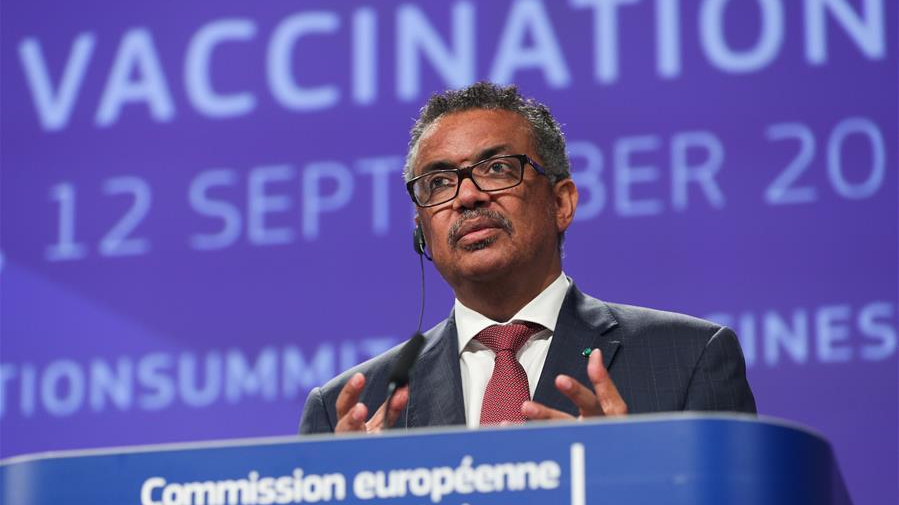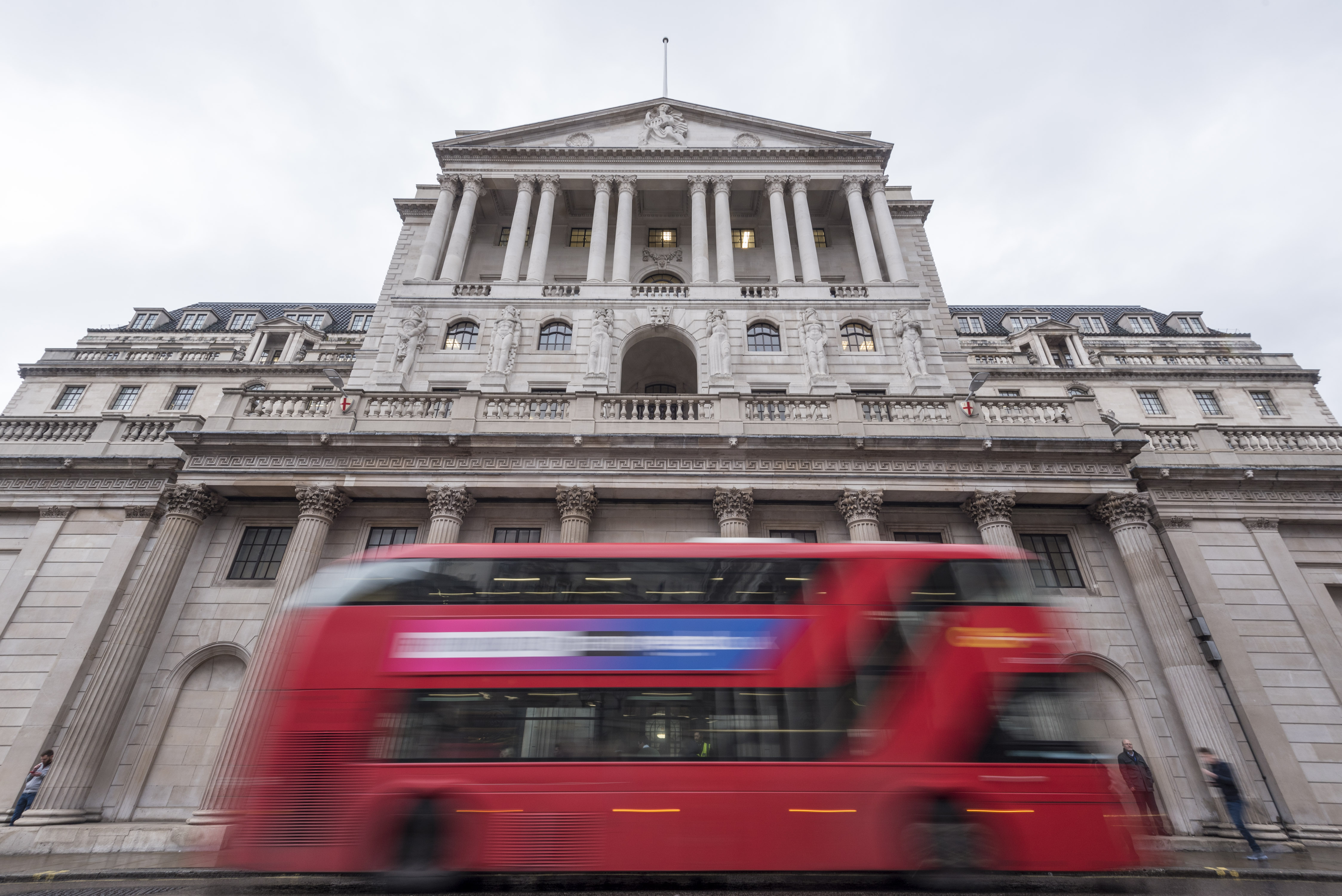
Director-General of the World Health Organization (WHO) Tedros Adhanom Ghebreyesus speaks during a press conference on occasion of the Global Vaccination Summit in Brussels, Belgium, September 12, 2019. /Xinhua
Director-General of the World Health Organization (WHO) Tedros Adhanom Ghebreyesus speaks during a press conference on occasion of the Global Vaccination Summit in Brussels, Belgium, September 12, 2019. /Xinhua
Editors Note: Stephen Ndegwa is a Nairobi-based communications consultant and international affairs columnist. The article reflects the author's views, and not necessarily those of CGTN.
On April 24, the United Kingdom announced that it will host the Global Vaccine Summit on June 4, 2020, virtually. The communique released by the UK government says the summit is an important milestone in supporting the Global Alliance for Vaccines and Immunization (GAVI) to "strengthen health systems around the world and help to tackle coronavirus in some of the world's poorest countries."
The summit will also be crucial in securing support for GAVI's five-year strategy, which aims at immunizing 300 million children, and saving 8 million lives by 2025. Of course, these figures will now be reviewed in light of the emergence of the deadly coronavirus.
The announcement for the UK summit was apt, having been made on the eve of World Malaria Day (WMD), which was celebrated on April 25. The theme of the international day was "Malaria: Status Update on Children."
As the United Nations Children's Fund (UNICEF) notes in its WMD bulletin, "the overlap of COVID-19 and malaria could have potentially highly lethal consequences for children under-five if we don't respond soon to ensure continuity of services."
UNICEF notes that the major challenge of managing malaria in a highly charged COVID-19 environment is to ensure continuity of care-seeking behavior as people with fevers might push back on seeking treatment due to fear of contracting or spreading COVID-19.
The World Health Organization (WHO) is currently leading malaria vaccine trials in three African countries – Ghana, Malawi and Kenya – which it says were chosen in a competitive process.
Recently, the WHO mobilized and gained consensus of the international community in accelerating research sharing on a coronavirus vaccine, as well as the sharing of research, treatment, and medicines on the pandemic.
Countries that are currently engaged in COVID-19 vaccine initiatives include China, Germany, the UK, and the U.S., with all at advanced stages of clinical trials using human volunteers.
The Bill and Melinda Gates Foundation, a major vaccine financier, and the Coalition for Epidemic Preparedness Innovations are collaborating in what they tout as the fastest vaccine search in history.
Speaking to BBC last week, the foundation's co-chairman Bill Gates said while it normally takes five or six years to develop a vaccine, he foresees a COVID-19 vaccine in 18 months. Indeed, current efforts are both lofty ambitions and desperate efforts.
According to the Centers for Disease Control and Prevention, there are six main stages in the development of a vaccine, including exploratory, pre-clinical, clinical development, regulatory review and approval, manufacturing and quality control.

A double-decker red bus passes by the Bank of England in London, Britain, March 6, 2019. /Xinhua
A double-decker red bus passes by the Bank of England in London, Britain, March 6, 2019. /Xinhua
Vaccine development, as a rigorous multi-sectoral exercise, requires meticulous work from a variety of professionals and other stakeholders. Besides that, there are fears that the current race for a vaccine will disadvantage poor countries, as the rich ones might buy in massive volumes for both current use and stock ups.
This time round poor countries are expressing a need for more transparency and accountability on vaccine testing. Previously, vaccine makers and their financiers have been accused of using citizens of developing countries as guinea pigs, by exploiting their prevalent poverty and weak governance systems.
In Africa, the polio vaccine, whose development and production has been supported by the Gates Foundation, has been called out a few times by the Catholic Church for allegedly being laced with female contraceptives, among having other adverse health outcomes. The planned tests on the efficacy of the COVID-19 vaccine has, yet again, touched a raw nerve.
In Kenya, President Uhuru Kenyatta on Saturday urged the country's citizens to ignore controversial views by BBC medical correspondent Fergus Walsh, who in a radio interview last week stated, "we are desperate for this vaccine to work but the team in Oxford… if they don't get early quick results from the UK they are considering a trial in Kenya where the epidemic of the coronavirus will be on the rise."
We expect to hear similar politics as the advanced countries compete on who will be first past the line in the race of the vaccine against COVID-19.
During the vaccine summit, poor countries are expected to lobby for the signing of a global agreement that ensures transparency in the vaccine development protocols, and a fair level of equity in the allocation of the vaccine.
Ultimately, we need to heed the words of former U.S. Secretary of State Madeleine Albright, who on Friday in an interview with ABC Australia observed, "we are blaming the Chinese for what happened. But the bottom line is we depend on the masks they make. If they are the ones that invent the vaccines, will we say no?"
(If you want to contribute and have specific expertise, please contact us at opinions@cgtn.com)